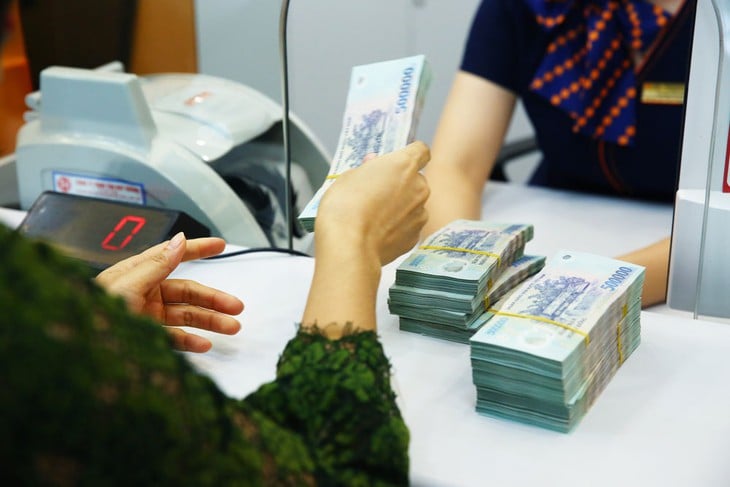 |
| Illustration photo. |
According to the direction of amending and supplementing the Law on Tax Administration, all business households will have to self-declare and pay taxes and keep books, invoices and documents.
Urgent requirement to continue perfecting the Law on Tax Administration
Research and comprehensive revision of the Tax Administration Law project is a report recently sent by the Government to National Assembly deputies.
According to the Government 's assessment, after nearly 5 years of implementation, the 2019 Tax Administration Law has made an important contribution to enhancing transparency, promoting administrative reform and protecting taxpayers' rights. The Law has created a solid legal corridor for tax administration, contributing to improving the business environment, increasing state budget revenue and ensuring fairness in tax obligations.
Especially in the context of the Covid-19 pandemic, the 2019 Tax Administration Law has created a solid legal corridor to implement many practical support solutions for taxpayers, demonstrating innovative thinking in tax administration while also affirming the State's commitment to building a transparent and effective business environment.
However, the current socio -economic context requires the urgent need to continue to improve the Law on Tax Administration. The strong development of the digital economy with new business models such as cross-border e-commerce and digital platforms requires an appropriate tax management mechanism. The need to promote administrative reform, streamline and streamline the apparatus and digital transformation in tax administration is becoming increasingly urgent.
At the same time, through practical implementation, the 2019 Tax Administration Law still has a number of issues that need to be resolved to improve the efficiency of budget revenue management, prevent tax losses, ensure resources for rapid and sustainable socio-economic development in the coming period, and meet practical requirements and the increasingly rapidly changing international context, the report stated.
Through review, the Government said that there are 114/152 Articles that need to be amended and supplemented, including abolishing Article 51 regulating the determination of tax rates for business households and business individuals paying taxes according to the lump-sum tax method.
Equality in tax administration
The Government explained that the 2019 Law on Tax Administration has provisions on determining the lump-sum tax rate, however, in order to implement the policy of strengthening tax administration, all business organizations and individuals must implement the invoice and document regimes to pay taxes, so it is necessary to study and amend and supplement the Law on Tax Administration accordingly, eliminating the lump-sum tax form for business households.
With this orientation, all business households will have to self-declare, self-pay taxes and keep books, invoices and documents, including: For business households with revenue of 1 billion VND/year or more, they will have to follow the declaration method and apply a simple accounting regime like micro-enterprises according to Circular No. 88/2021/TT-BTC dated October 11, 2021.
Accordingly, the accounting regime for business households is implemented in a simple way but still ensures full tracking of information on purchased and sold goods to serve tax management, avoiding the situation of hiding under the guise of business households to legalize input for enterprises. At the same time, from June 1, 2025, according to Decree No. 70/2025/ND-CP dated March 20, 2025 of the Government, business households with a revenue threshold of 1 billion VND/year or more will have to apply invoices generated from cash registers connected to tax authorities.
For business households with revenue from 200 million VND to less than 1 billion VND (as of March 2025, the number of households is 286,258 households), they will have to keep records in a very simple way but with enough main financial information to declare and monitor full information to fulfill tax obligations to the State.
However, the requirement to implement a bookkeeping regime for business households with very low revenue will increase procedures and time costs for these business households, and at the same time, it does not guarantee that enough taxes will be collected from these business households. Therefore, in order to not increase the administrative burden for micro-business households, reduce administrative management costs of tax authorities and effectively manage revenue, the Government proposes to apply electronic invoices generated from cash registers connected to tax authorities according to the roadmap.
Specifically, from January 1, 2027, business households and individuals with annual revenue of VND800 million or more must apply invoices generated from cash registers connected to tax authorities. From January 1, 2028, business households and individuals with revenue subject to value-added tax of up to VND800 million must apply invoices generated from cash registers connected to tax authorities.
Regarding the annual revenue threshold that is not subject to VAT, the Ministry of Finance is also directing further research and review. According to the forecast of the International Monetary Fund (IMF), by 2028, Vietnam's GDP will increase to 628 billion USD, leading to a sharp increase in the size of the economy, leading to an increase in living standards, input costs and average revenue of business households. The revenue level of 200 million VND/year (ie ~16.6 million VND/month) is no longer suitable for the new economic context, when the minimum cost to maintain production and business activities also increases significantly.
The report also reflects that there are opinions that it is necessary to adjust the annual revenue threshold not subject to value added tax and personal income tax to at least twice the level of 200 million VND to match the increase in family deductions when calculating personal income tax (expected to increase by 20% compared to current).
Currently, the Ministry of Finance is assigned to preside over the drafting of the revised Law on Personal Income Tax (expected to be submitted to the National Assembly at the 10th session, October 2025). Therefore, the Ministry of Finance will study and amend the threshold of revenue not subject to personal income tax and not subject to value added tax in the revised Law on Personal Income Tax.
Tax authorities will conduct tax management for business households as for small and micro enterprises, and in cases of violations in tax declaration and payment by business households, tax authorities will determine taxes according to the provisions of the Law on Tax Administration. Implementing this solution aims to ensure equality in tax management between business households and small and micro enterprises, and to strengthen the fight against tax evasion and tax losses from large-scale business households, the Government explained.
Source: https://baodautu.vn/dinh-huong-bo-hinh-thuc-thue-khoan-doi-voi-ho-kinh-doanh-d275730.html



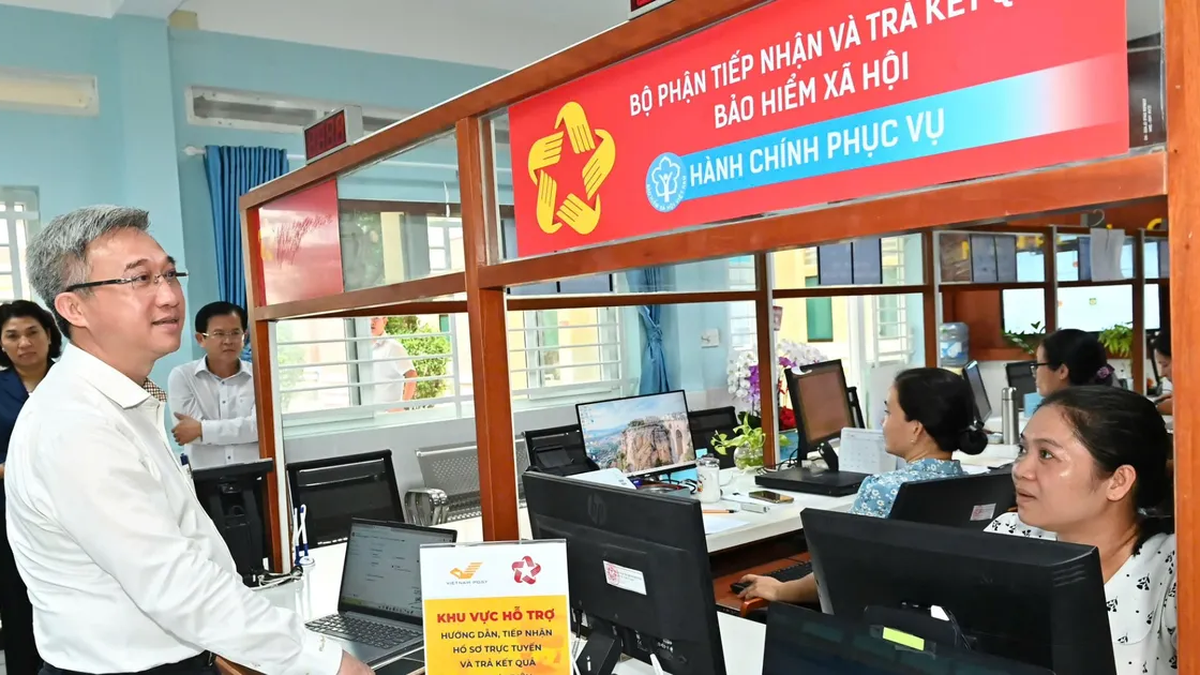
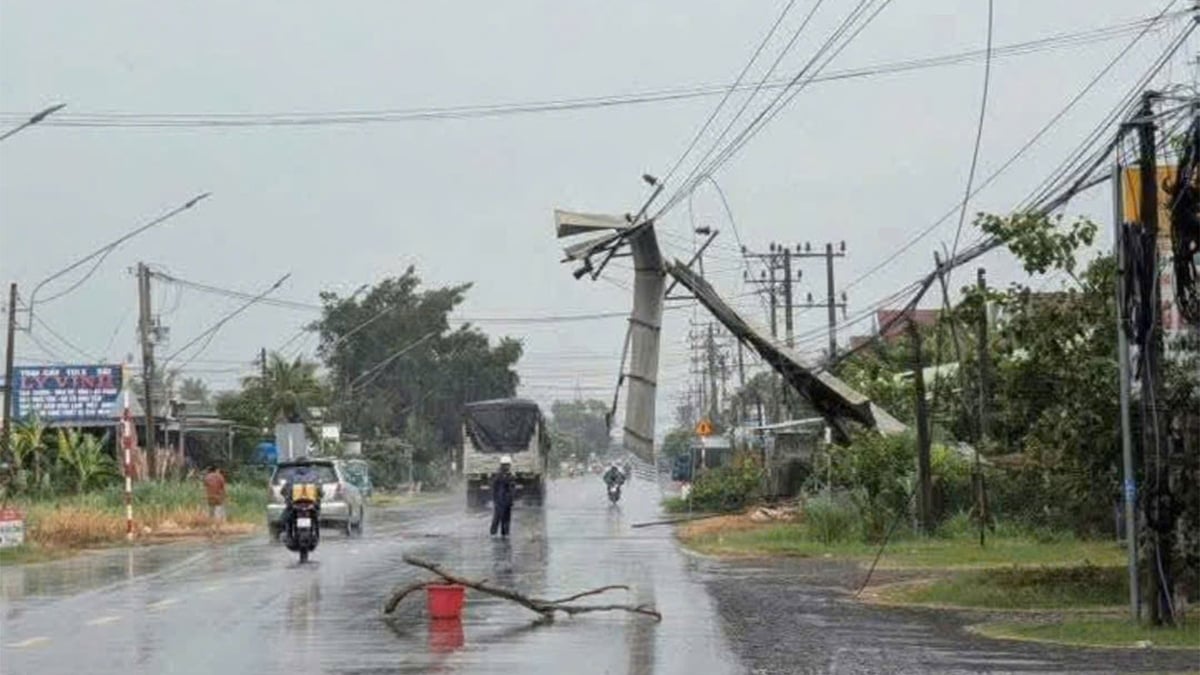

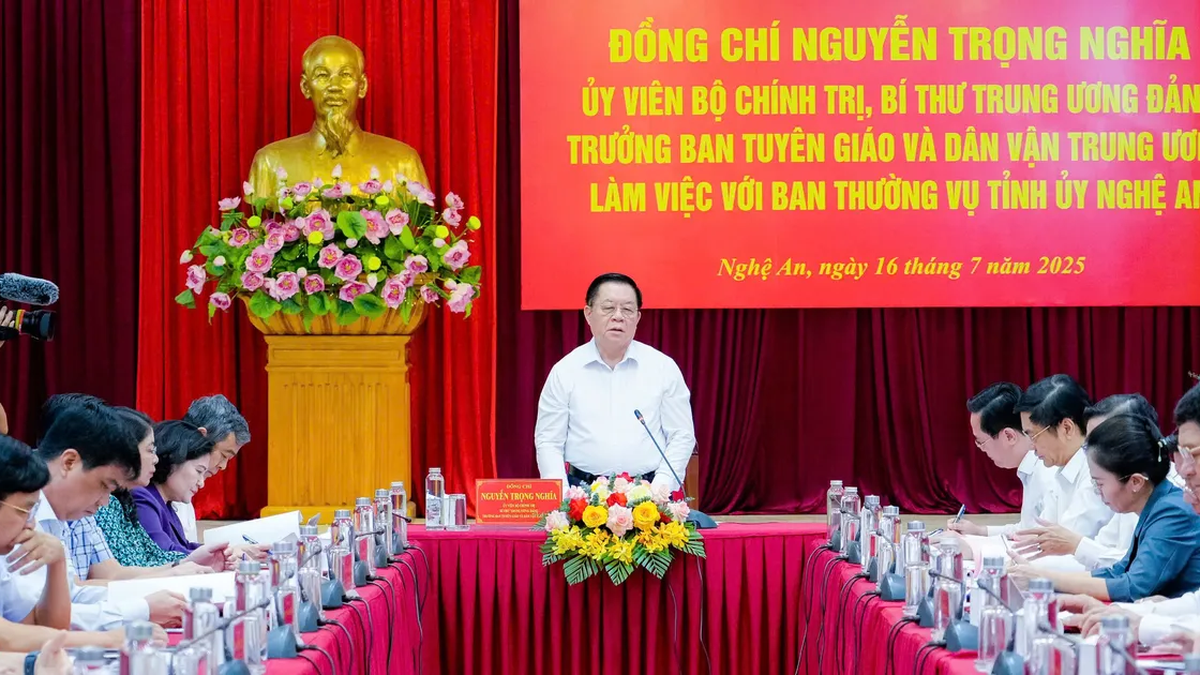


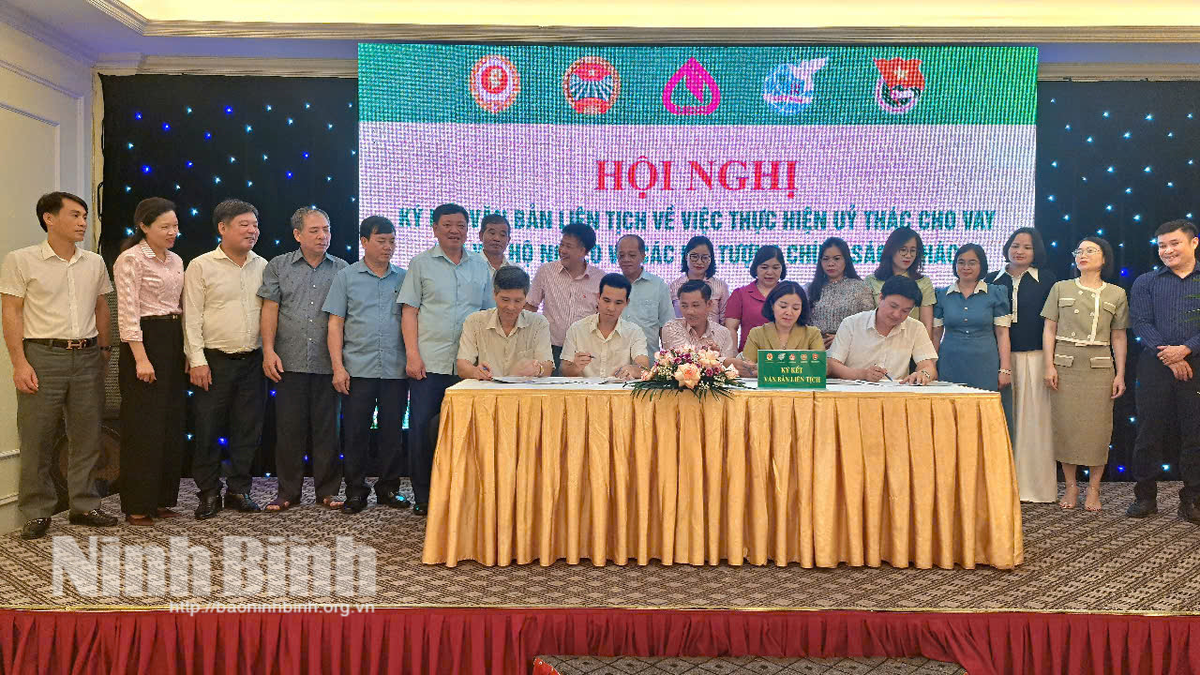
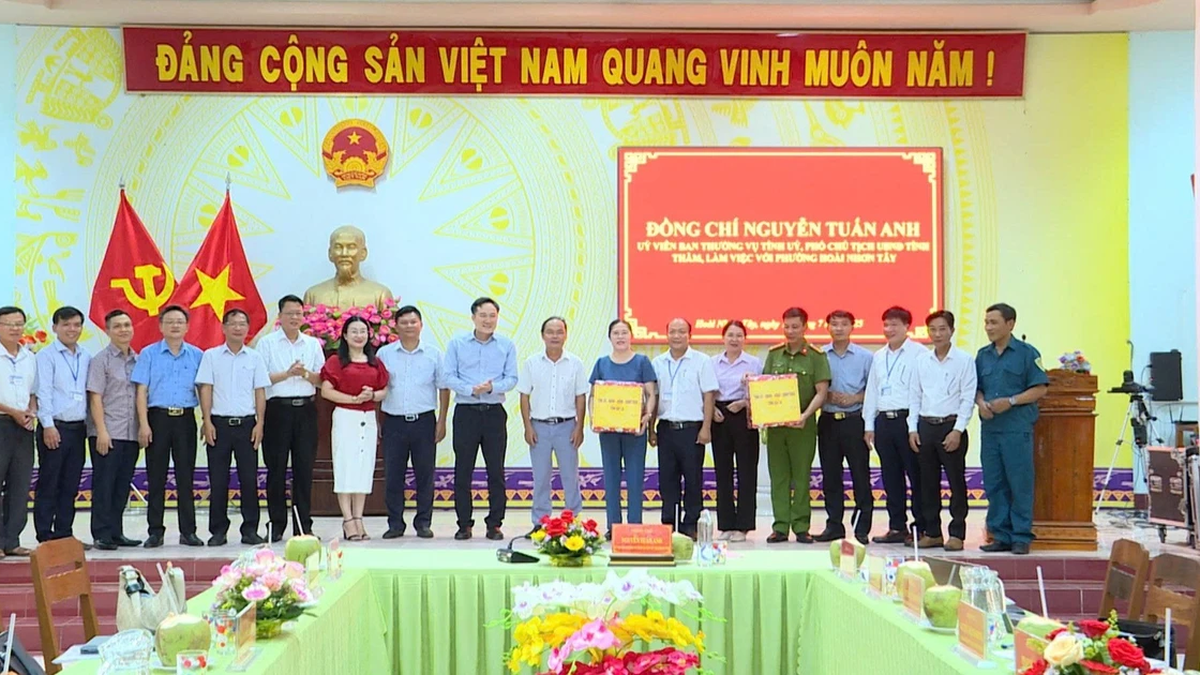
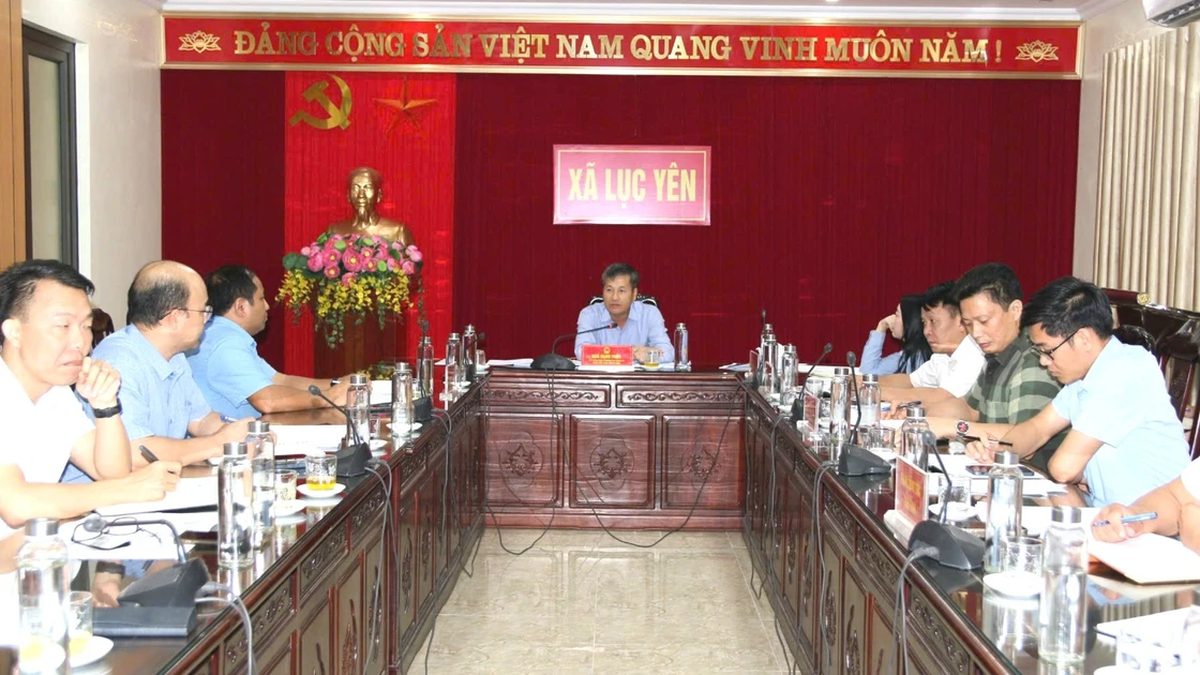








































![[Maritime News] More than 80% of global container shipping capacity is in the hands of MSC and major shipping alliances](https://vphoto.vietnam.vn/thumb/402x226/vietnam/resource/IMAGE/2025/7/16/6b4d586c984b4cbf8c5680352b9eaeb0)













































Comment (0)